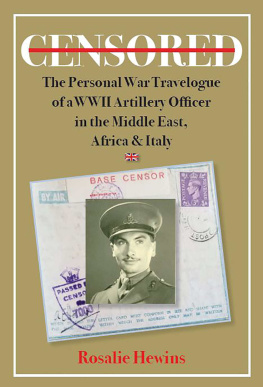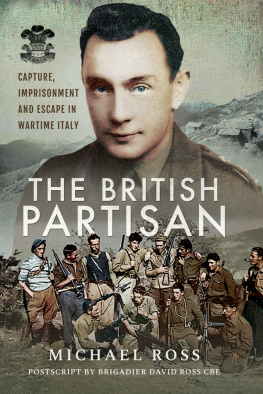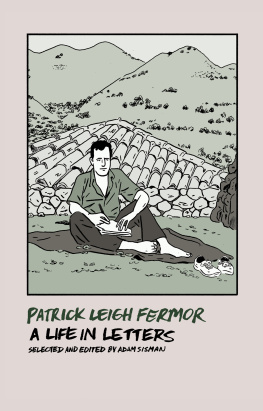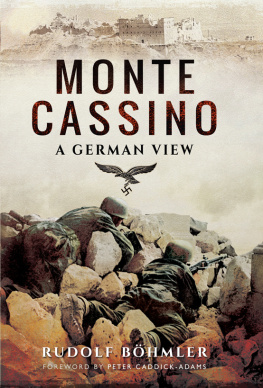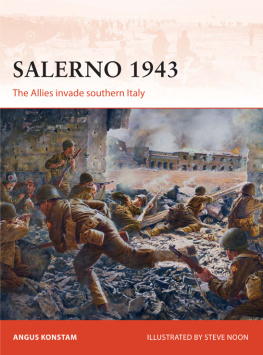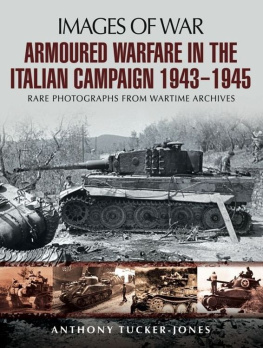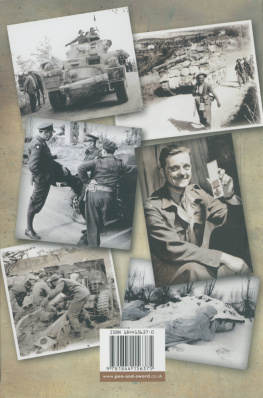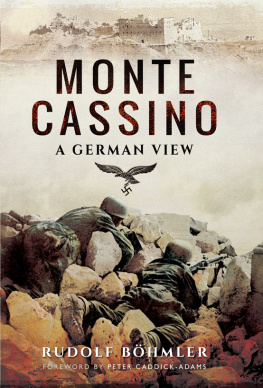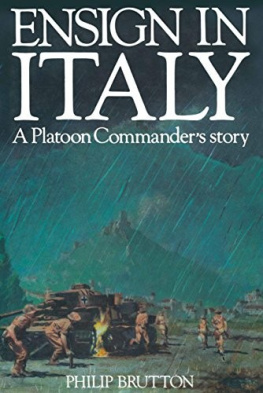who inspired me with a love of travel, a passion for history, an insatiable curiosity and a zest for life.
Preface
My father, Arthur Edmund Holder, was born on October 20 th , 1918. He was always known as Pat, as he was said to look like an Irish boy.
He was born and raised in Highgate, London. He was educated at Highgate School which dates back to the 1500s. Graduates of the school are known as Old Cholmeleians and there are many references in his letters to Cholmeleians or O.C.s who he ran into during the war.
My father entered the Civil Service in Westminster, London in 1937 and was posted to the Ecclesiastical Commission. Each evening after work, he studied modern languages (French and German) at Birkbeck College, London. He had intended to make a career in the Civil Service. Those plans were put on hold when war broke out in 1939.
My father and his cousin Owen Sellers joined the Army in July, 1939 and were both posted to Taunton. They enlisted in the Officers Training program, having already been in the OTC at school. After 6 months training at Larkhill Camp on Salisbury Plain my father was commissioned in August, 1940. He was then posted to Lincolnshire and finally, in 1942, was sent overseas to the Middle East. He served as a Lieutenant in the Royal Artillery. He was initially stationed near the oil wells of Kirkuk, north of Baghdad. The aim was to protect the oil fields if the Germans broke through the Russian front. Fortunately, this threat never materialized.
After 6 months in Iraq, my fathers regiment drove 2000 miles across the Sinai and Western deserts to join up with the Eighth Army at Benghazi in Libya. He first saw action at the Battle of Enfidaville in Tunisia. This battle was the final battle which forced Rommel and his German army, as well as the Italians, out of North Africa. His position was Regimental Survey Officer which involved surveying the Regimental field guns for optimum accuracy. In September 1943 he took part in the Allied landings at Salerno, Italy. By a twist of fate, one week before the landing he was relieved of his role as Regimental Survey Officer and once again became a Gunnery Officer. When the landings at Salerno took place, the new Regimental Survey Officer promptly stepped on a land mine and was killed. My father spent the remainder of the war in Italy, fighting his way north in the Italian Campaign through Monte Cassino, Cesena, the Argenta Gap and the Po Valley, and finally running a German S.S. generals' POW camp. He was demobbed
(demobilization aka discharged) in March 1946.
Cast of Characters
The following letters were all written to my grandmother (Florence Ethel Rome) by my father. She had been widowed in 1936 and had got remarried in 1938 to James Rome (Jimmy). She moved to Kilmarnock, Scotland to start her new life along with her daughter, Fiona, who was still at school.
Her sister, Marjorie, and Marjories husband, Albert (aka the Sellers), lived in London at No. Cholmeley Crescent, Highgate, which was 2 doors away from my grandmother and father when they lived in London. (There are several references in the letters to #32 and #38 my grandmother previously lived at #38 before she remarried in 1936). The Sellers were much more affected by the war than my grandmother was, as they were subjected to the many bombings and extreme rationing.
When my grandmother moved to Scotland before war broke out, my father moved in with Auntie at No. 32 Cholmeley Crescent. He would, also, stay at her house when he was on leave.
Owen Sellers was my fathers 1 st cousin. They both went to the same school in Highgate and enlisted and trained together.
His other cousins were Raymond Sellers (Ray) and Beryl Sellers. Ray served in the Army. Beryl suffered a nervous breakdown due to a broken heart from which she eventually recovered.
About the Letters
The following letters written from 1939 until 1946 give a wonderfully detailed glimpse into the daily life of a British officer during WWII. As you will see, my father made the best of being in the war, experiencing everything that he could, and making the most of a bad situation.
In many of the letters it is hard to believe that a war was actually going on at all. There are descriptions of sumptuous dinners, frequent dances and romantic encounters with a rotation of Italian girlfriends; classical concerts and opera; elaborate parties with copious amounts of alcohol and food. All this is interspersed with anecdotes of various mishaps and antics that he experienced during his travels, as well as incredibly detailed accounts of the actual battles that he took part in.
The italicized parts are taken from his diaries. His diaries, for the most part, were not written in great detail except for the battles, the cruise from England to Basra, Iraq via Cape Town, and the journey from Basra to Cairo.
My grandmother wrote to my father every Monday night without fail. Even though weeks went by without hearing from him, she maintained a constant stream of letter writing full of information about what she did each week. These letters (not yet published) also show the other side of war on the home front. She suffered extreme anxiety for weeks on end when no letters from him appeared. She had constant stomach pains from anguish and worry, which were somewhat alleviated by Johnny Walker whiskey.
She was, however, able to follow his whereabouts. Some of my fathers letters are headed with coordinates which gave her the Latitude and Longitude of his approximate location. E.g. 11/43 (west coast of Italy). As he was an officer, he censored his own letters and was able to slip in these coordinates. He also censored all the letters of his men. Hence the title.
There are a lot of abbreviated words due to the fact that he was having to write on airmail letters which had limited space. I decided to leave them as written, for authenticity. There is a glossary at the beginning and at the end, with a list of WW2 Army Abbreviations. I would suggest that the reader print them out or access 2 websites at:
http://researchingww2.co.uk/ww2-abbreviations-acronyms/ http://thelincolnshireregiment.org/abbreviations.shtml
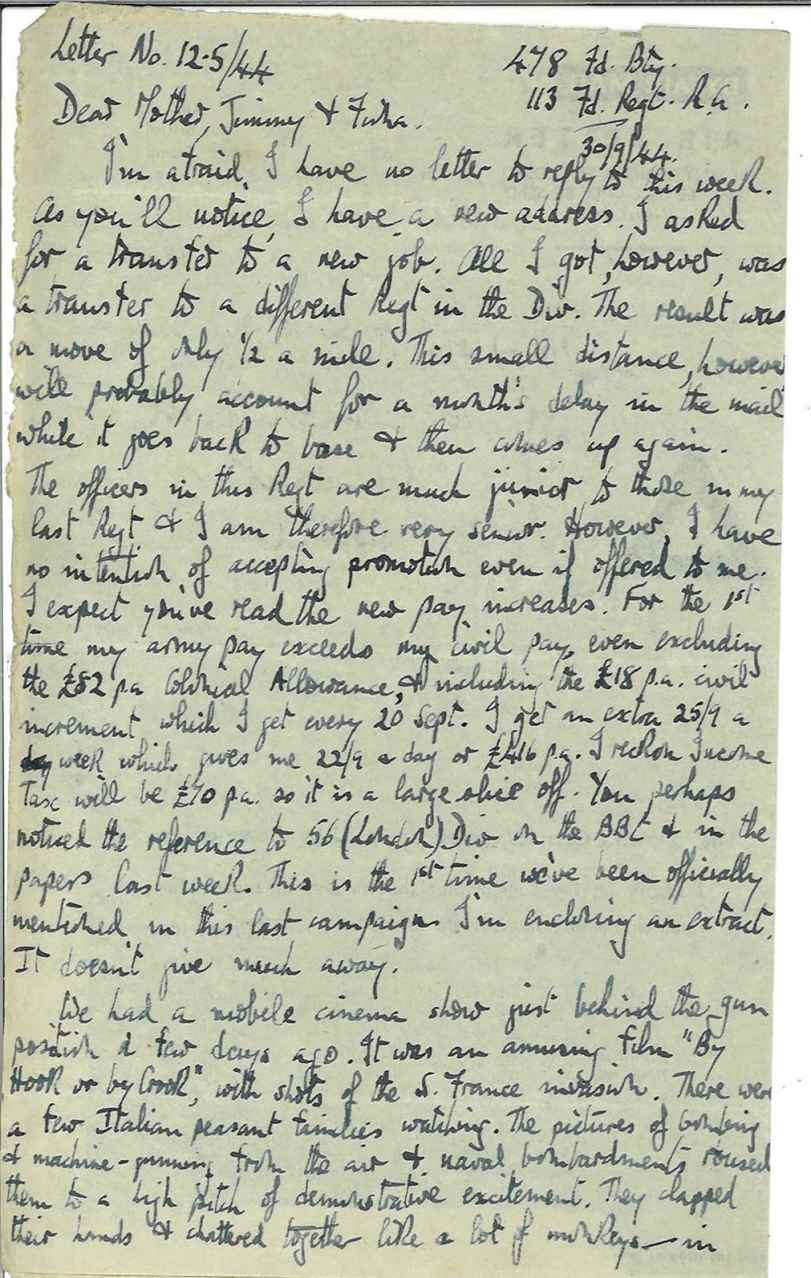
List of British WW2 Acronyms
AA Major Anti-Aircraft or Asst. Adjutant or Assembly Area ACC Allied Control Commission
ACC Army Catering Corps
AFHQ Army Form or Air Formation HQ AMG Allied Military Govt
AMLC Air Mail Letter
ATS Auxiliary Territorial Service or Air Training Squadron ADC Aide de Camp or Air Defense Centre or Army Dental Corp
AFHQ Army Form HQ or Air Formation HQ APO Army Post Office
B.C. Battery Commander or Battalion Commander BDR Bandolier or Bombardier of Royal Artillery rank of Corporal
Bn Battalion
BRCS British Red Cross Society
BSM Battery Sgt. Major
Btn. Battalion
C.B. Confined to Barracks or Counter Battery CCS Casualty Clearing Station
CP Command Post
Fd. Field or field post

